Michelle Keserwany's Films of Note
In our latest episode of Movie Night, we chatted to Michelle Keserwany about her and her sister’s award-winning short-film Les Chenilles. It was a captivating conversation about the legacy of the Lebanese silk industry, making it in film, and transforming an idea and inspiration into a compelling and poignant story. We always ask our Movie Night guests for their ‘Films of Note’. These are films that have stuck with them for one reason or another: nostalgia, fascination, admiration… the list goes on. These are the films that Michelle picked out.
Favorite Childhood Film
Captain majed ( كابتان ماجد) & The Jungle Book (كتاب الأدغال)
Michelle recalls watching the several series as a child in Arabic, including Jungle Book, Captain Majed and Pokemon. Jungle Book in particular stuck with her because of its songs and strong values of bravery and friendship.
Most Underrated Film
Tekkonkinkreet (2006)
Michelle chose Tekkonkinkreet as her most underrated film. She chose it because of its complex narrative and its exploration of the balance between innocence and corruption, as well as brotherhood.
The film follows two boys as they try and defend Treasure Town against the Yakuza who are trying to take it over for a new development. Treasure Town was once a prosperous town but is now a dilapidated slum that becomes a battleground between Yakuza criminal gangs.
Film That All Film Students Must Watch
Films from lebanon & around the region
Michelle spoke about the importance of watching old and contemporary films from Lebanon or the region more widely. Understanding and delving into the works of filmmakers such as Mai Masri and Borhane Alaouié who are being or were inspired by contexts closer to home.
The Film That Always Makes You Laugh
Women on the Verge of a Nervous Breakdown (1988)
Michelle chose Almodóvar’s iconic ‘Women on the Verge of a Nervous Breakdown’ for its timeless and complex characters, nuanced humour and smart satire.
Women on the Nerve of a Nervous Breakdown follows a television actress as she encounters numerous eccentric characters after trying to find out why her lover abruptly left her.
Film You Can Watch On Repeat
Mood For Love (2000)
The intimate mood, music, visuals and the relatable nature of the story are just some of the reasons that Michelle said she loves this film.
In the Mood for Love, directed by Kar-Wai Wong, follows two neighbours who develop a strong bond after both suspecting their spouses of extramarital activities. They agree to keep their own bond strictly platonic so as not to commit the same wrongs as their spouses.
Best Script
Crimson Gold (2003) & Drive My Car (2021)
Michelle chose two films for the category of ‘Best Script’. Crimson Gold, an Iranian film, stuck with her because it follows the everyday lives of marginalized people with a sensitive approach, and manages to capture the context, build-up and reasoning behind why people under pressure are forced into committing bad deeds.
Crimson Gold, directed by Jafar Panahi is about an Iranian pizza delivery man who sees the worst of corruption and social imbalance in his city and is driven to crime.
She chose Drive My Car for its poetry, its depiction of everyday people and its simplicity. Michelle also chose Drive My Car as one of the films she thinks is Most Beautifully Shot.
Drive My Car, based on Haruki Murakami’s novel of the same name, tracks a stage actor and director as he deals with a big personal loss while also receiving an offer to direct a production of Uncle Vanya in Hiroshima.
Most Beautifully Shot Film
A Separation (2011)
Michelle chose A Separation for its ability to capture simple reality, describing it as ‘aesthetically marvellous’.
A Separation, directed by Asghar Farhadi is about a married couple confronting a difficult decision: whether they should stay in Iran to care for a parent who has Alzheimers or leave in pursuit of a better life for their child.
Film That Changed How You Think
Close-Up (1990)
For Michelle, Close-Up was fascinating because it so effectively blurs the line between reality and fiction. Close-Up was partly filmed as a documentary yet constructed as a film. It is the true story of Hossain Sabzian, a cinephile who impersonated director Mohsen Makhmalbaf to convince a family they would star in his so-called new film.
Want to Contribute to the Blog? Reach out to us!
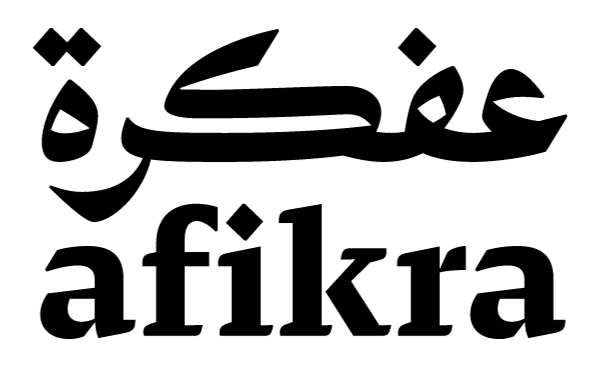



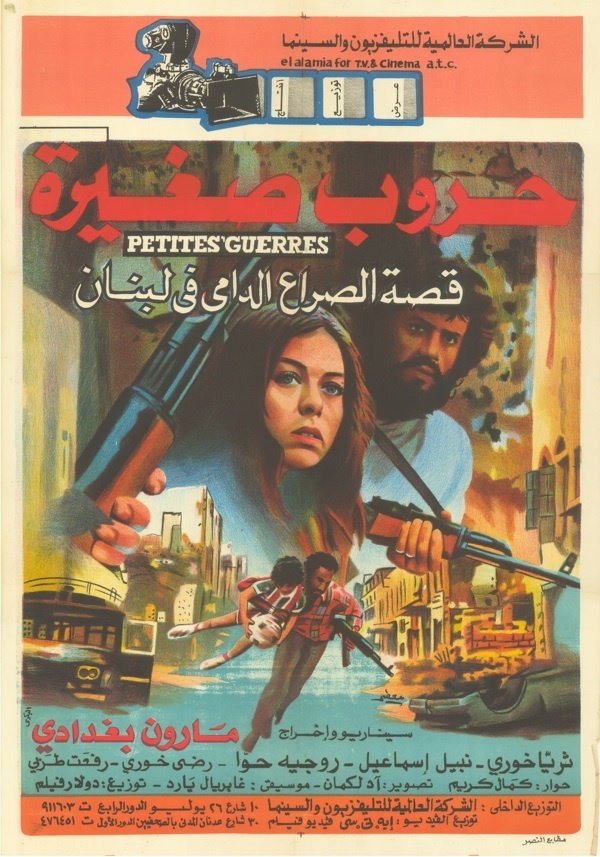

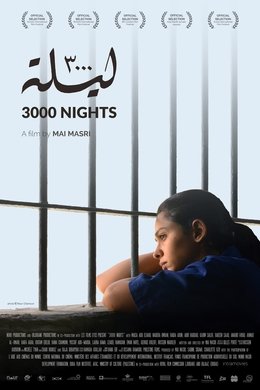
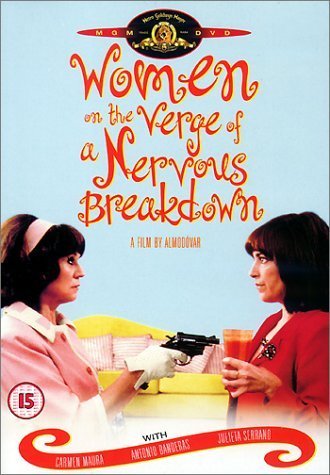
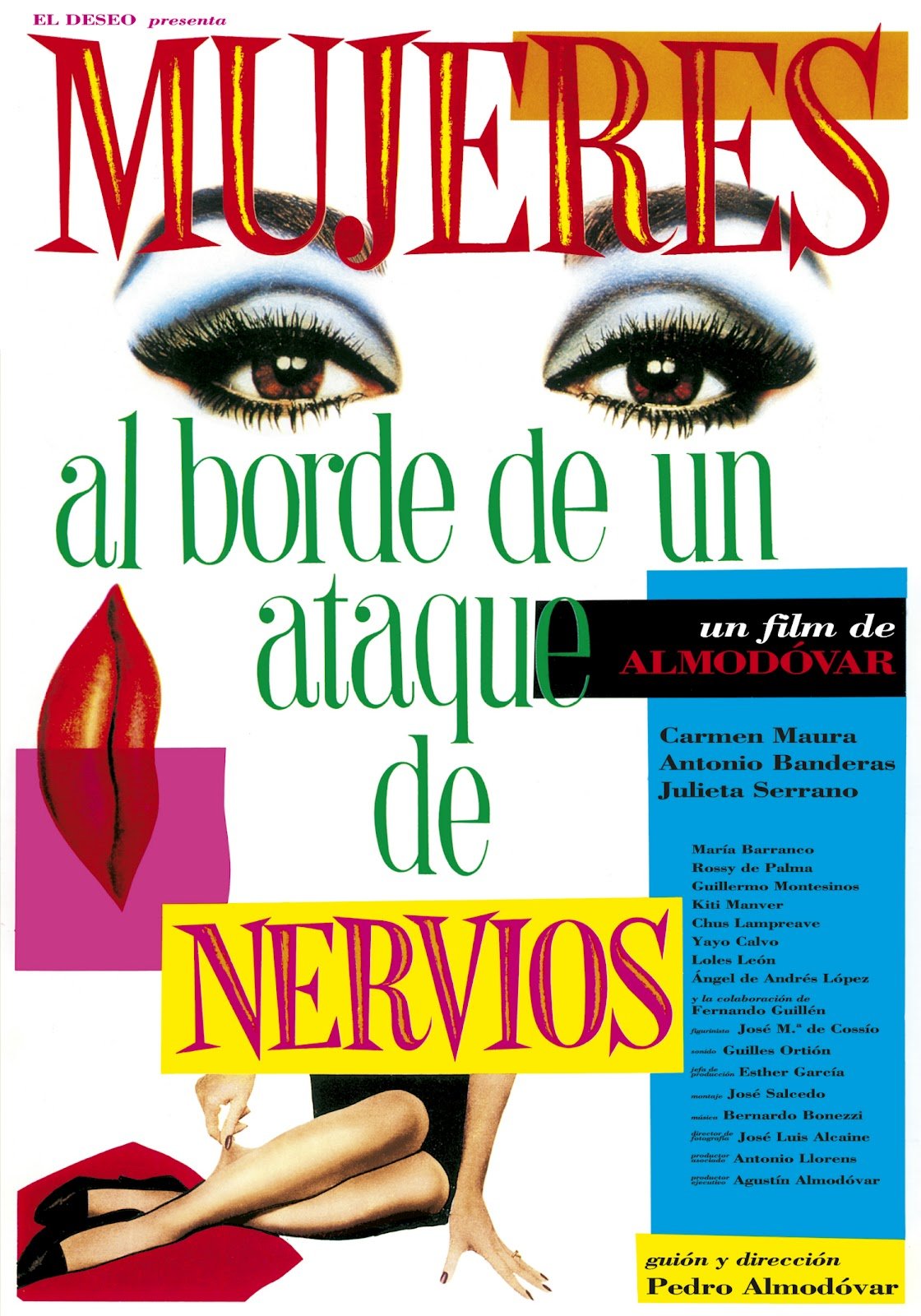
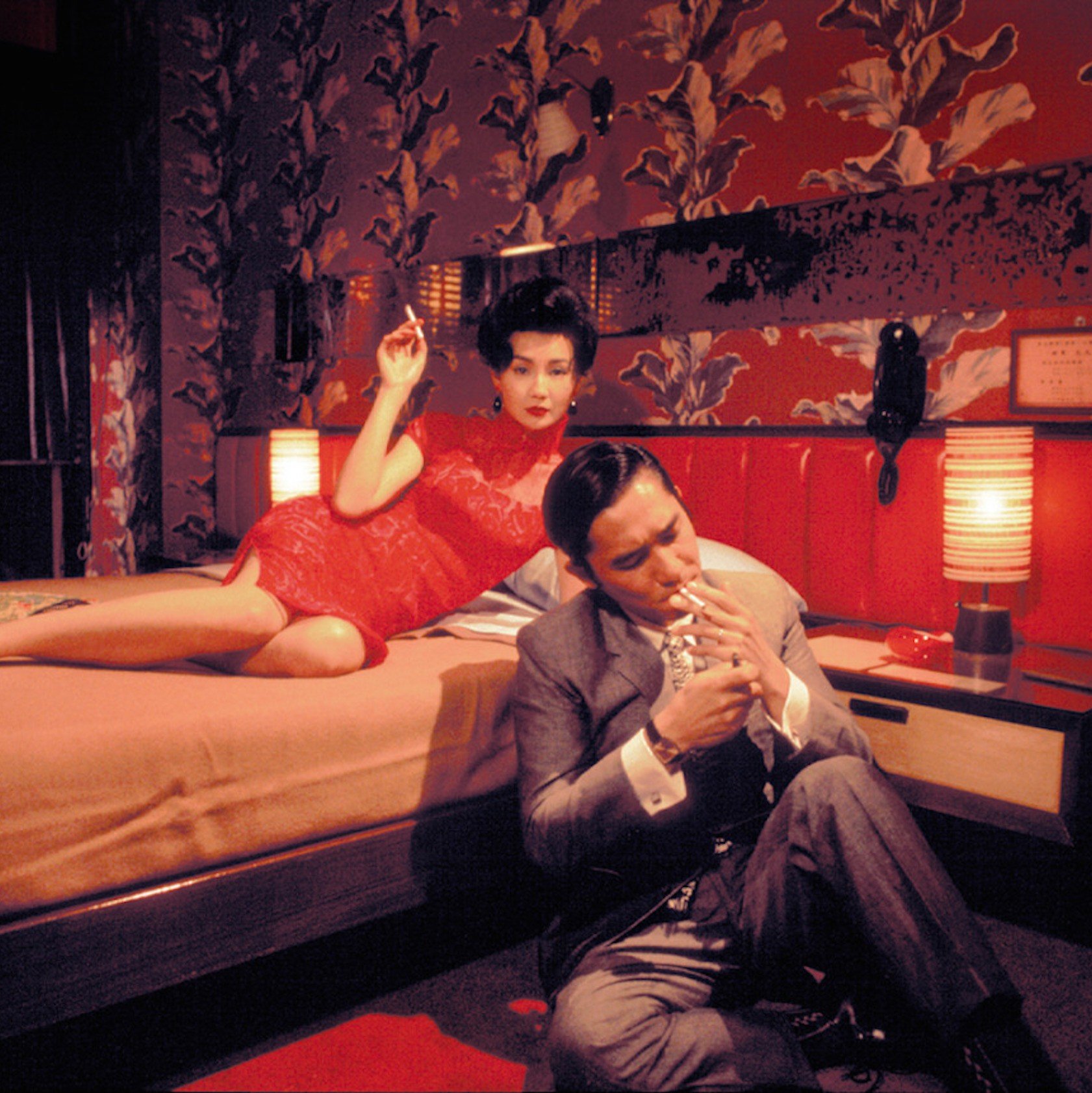
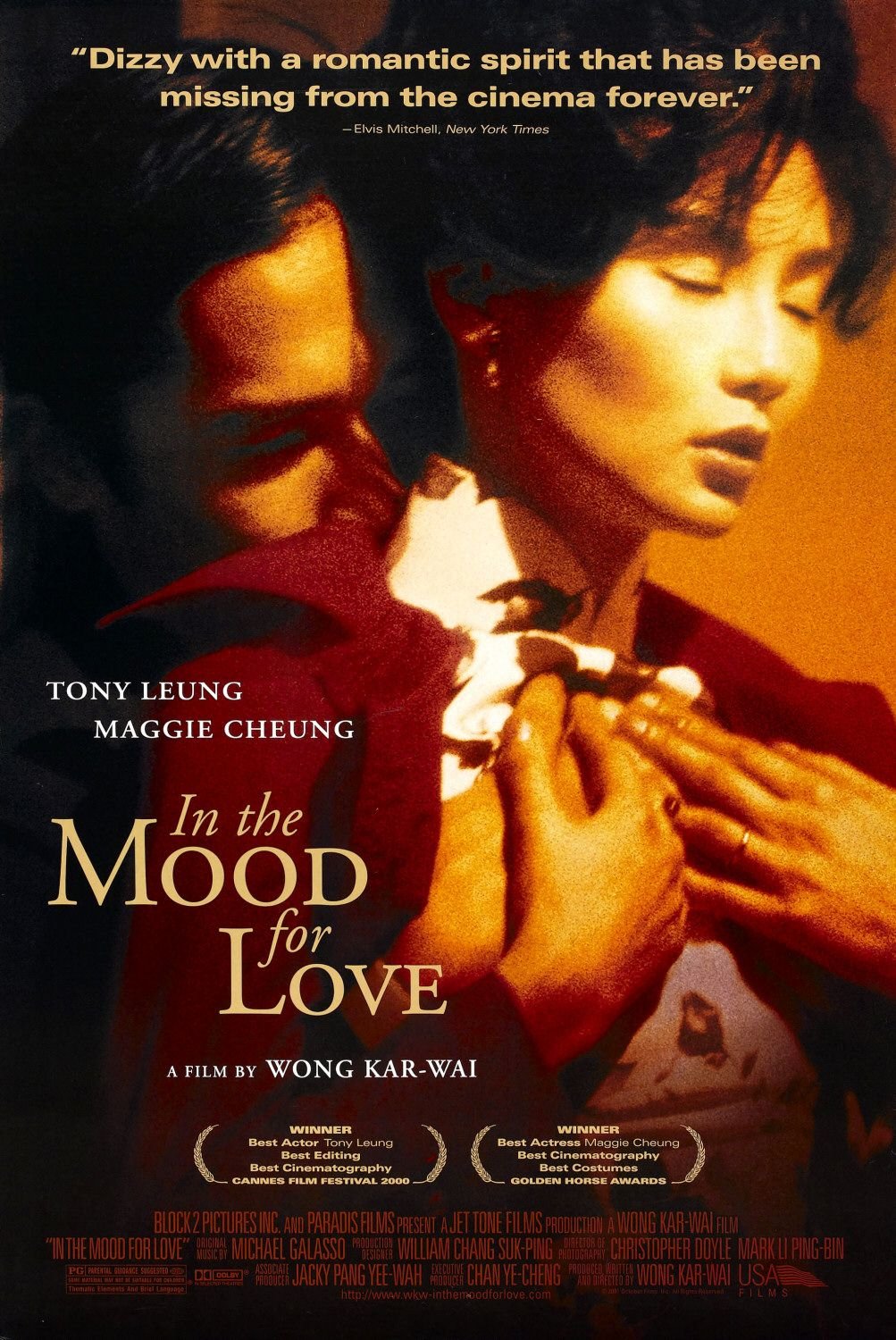
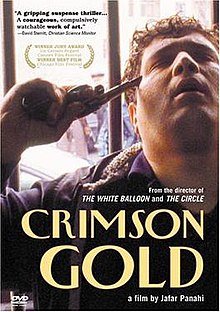

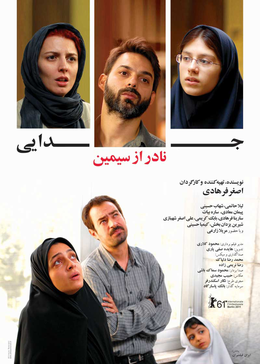
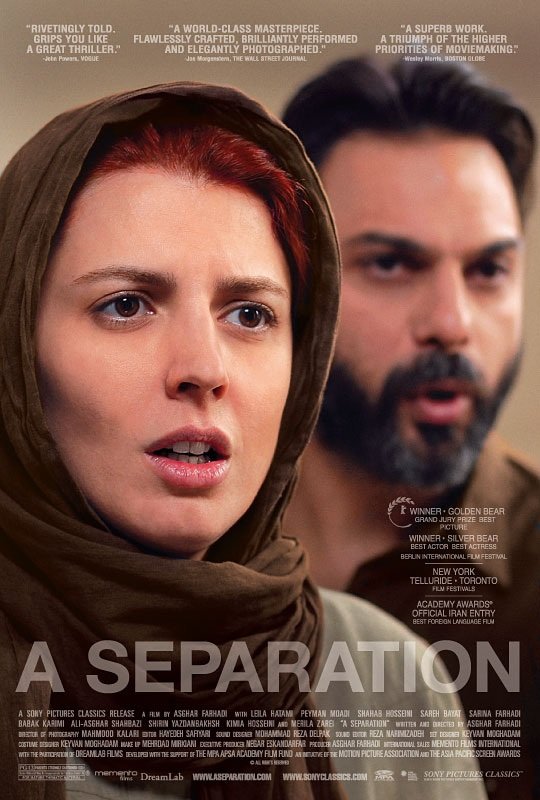
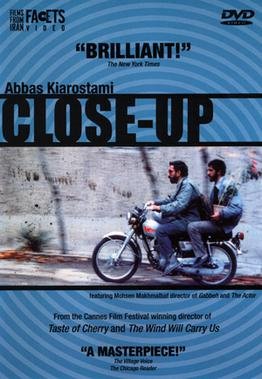
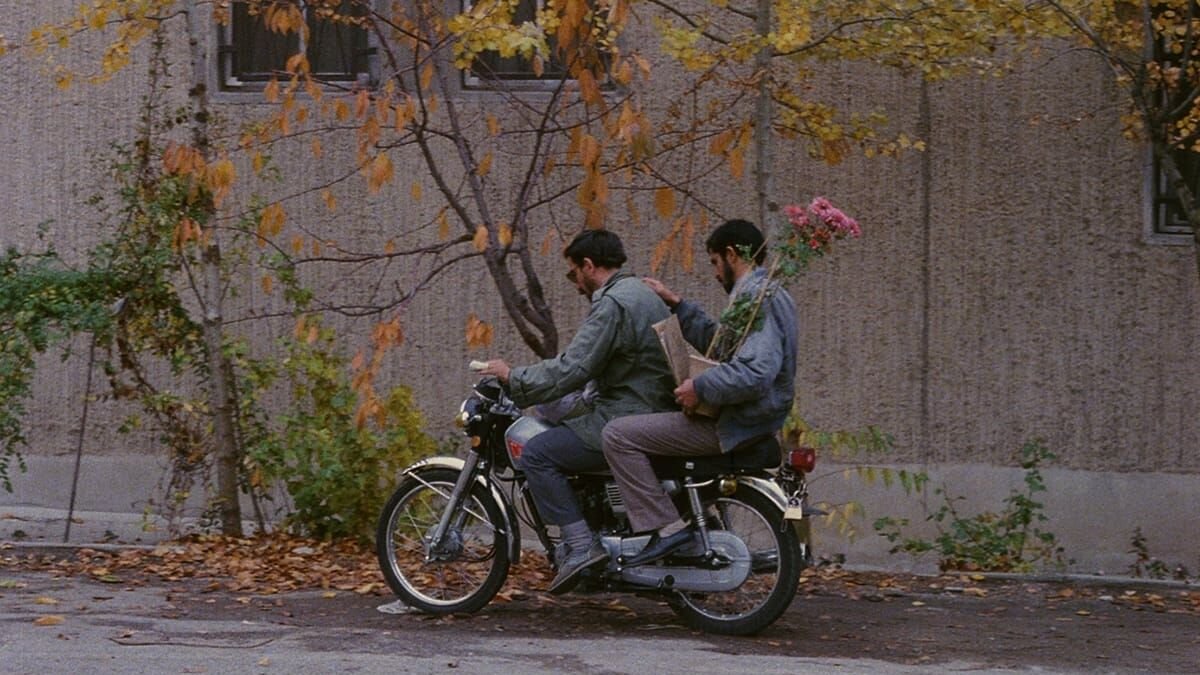


For classical music lovers and anyone who’s been looking to broaden their musical horizons, get started with what Kareem Roustom’s been listening to lately.